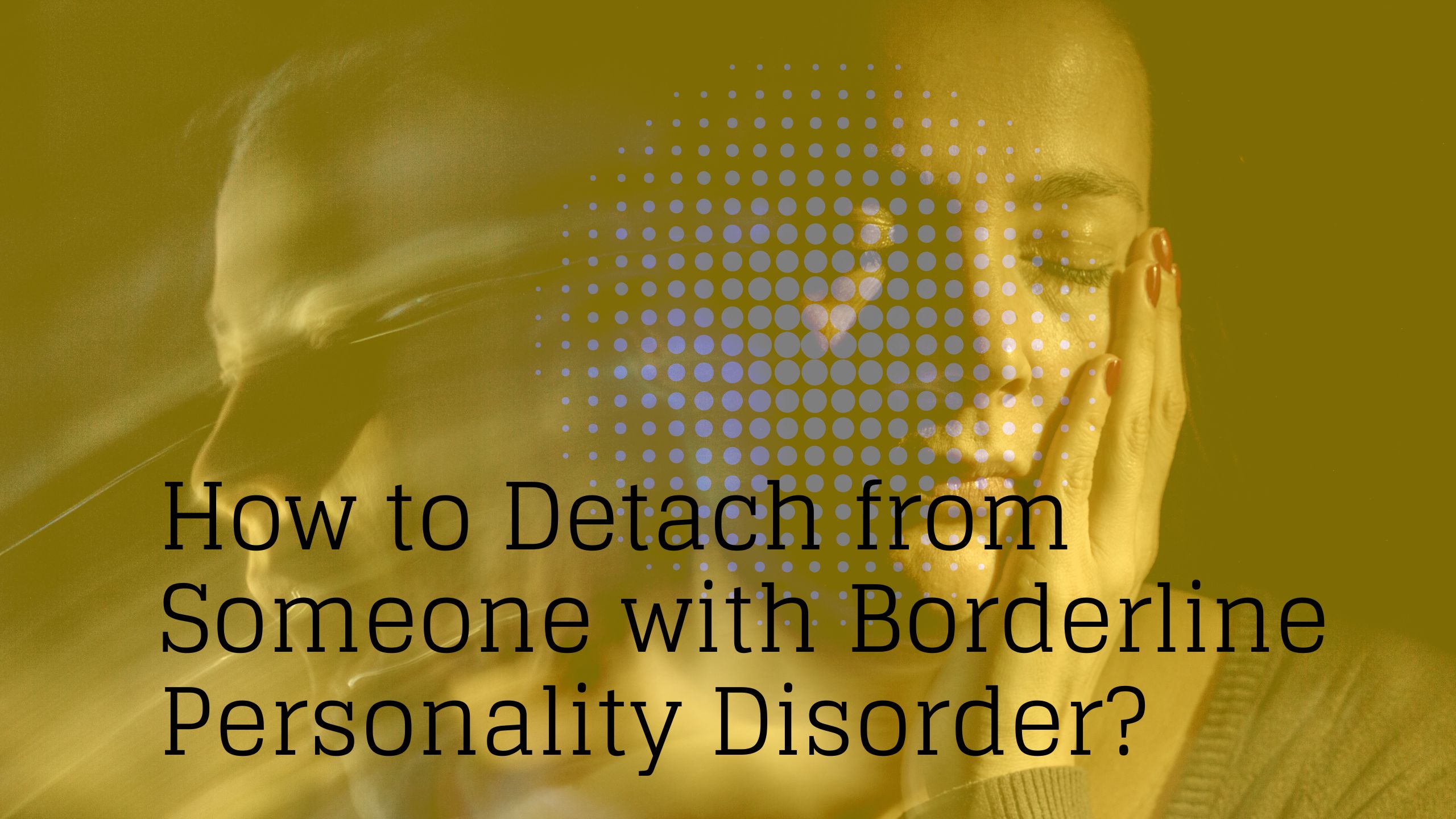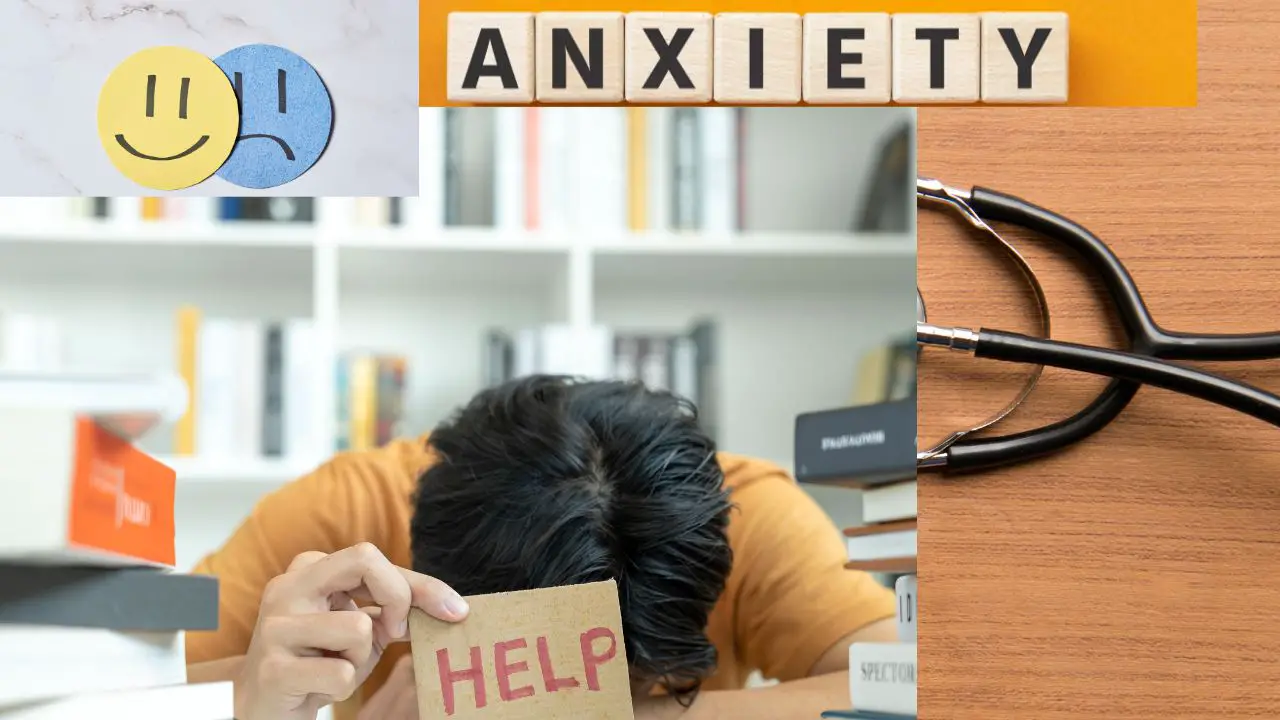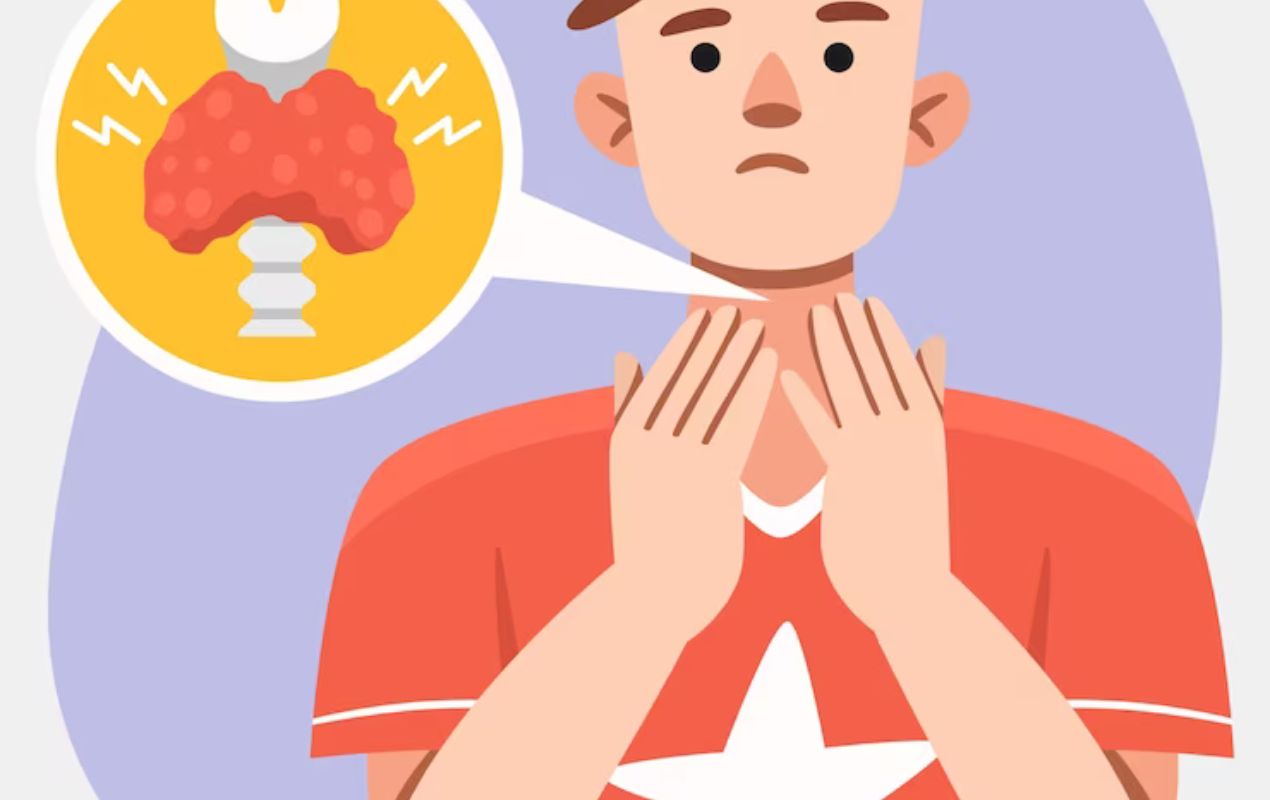It can be difficult to detach from someone with borderline personality disorder (BPD), but if the connection is deadly or hurtful to you, it’s crucial to put your needs first. Here are some actions to think about:
ESSENTIAL POINTS
- When their romantic partners leave them, people with borderline personality disorder symptoms may feel extremely hurt.
- Being kind and patient while ending a relationship with someone who has BPD will be advantageous to both you and your loved one.
- When ending a relationship, it is best to avoid assigning blame and being defensive.
You made every effort to keep the connection alive. Your knowledge that you need to end your relationship since it is unhealthy for you. Even though you don’t want to cause your loved one suffering, you must keep going. Your loved one may not handle the breakup well if they exhibit borderline personality disorder (BPD) characteristics. Here are some ideas to assist you in detaching yourself from an unhealthy relationship while minimizing the harm to your loved one and to yourself.
Keep your composure and show respect
You must always maintain your composure and courtesy. People who battle with BPD symptoms may lash out when they feel threatened or irritated. When you reject them, this is almost certainly what will happen. It can feel natural to reflect their hurt and rage, but doing so would only make things worse. Do not use insulting language or tone. This will cause your loved one to blame themselves and become angry with you.
Avoid blaming
Healthy people frequently try to figure out why a relationship didn’t succeed. Discussions regarding this can occasionally be productive. People with BPD symptoms may inquire as to what went wrong, but they frequently interpret these answers as personal attacks and get aggressive or defensive. In the next conversation, Geri informs Rory that she no longer wants to live with him.
Manha: Muaz, I’m going to have a place of my own.
You’re abandoning me, Muaz?
Muaz: Yes, Manha.
You’re terrible, Muaz.
Muaz: I don’t intend to hurt you, Manha.
Manha: You are harming me, I guess. what went wrong with me?
Muaz: You did nothing improper.
Manha: Oh, you’re leaving me because I’m flawless, Muaz?
Muaz: Being in a relationship where I feel in control is impossible.
Manha: So I’m controlling, Muaz?
Muaz: I don’t appreciate having to constantly update you on my whereabouts and activities.
Manha: You must despise me, Muaz.
Muaz: I don’t hate you, Manha.
Muaz: I regret ever running into you.
Manha believed she was powerless to resist. When asked explicitly why she was splitting up with Muaz, Manha felt that she had to be honest even if she attempted to avoid saying anything to him that could enrage him. Again, they both suffered injuries.
Avoid Being Defensive
Avoiding defensiveness is essential in effective communication. In the conversation above, Manha exhibited defensiveness, and phrases like “I’m not trying to hurt you” and “I don’t hate you” might have only aggravated Muaz. This is because defensiveness can feel like an invalidation of the other person’s feelings, similar to trying to convince Muaz that his emotions stem from a misunderstanding or misinterpretation. It’s akin to labeling Muaz as irrational, foolish, or incorrect, which can lead to unfavorable responses. In such situations, a more empathetic and understanding approach can foster better communication.
Generous Offer Validation
Offering validation generously can improve communication. For instance, when Muaz said, “You hate me,” Manha might have responded, “I can understand why you would feel that way. I’m sorry for hurting you.”
This approach may not make Muaz happy, but at least Manha’s validation would not feel like an additional attack.
As necessary, establish and enforce boundaries
Your loved one with BPD symptoms is likely to get hostile when you break up with them. Your actions have fulfilled their darkest dread. You are leaving them behind. Allowing them to hurt you serves neither them nor you any purpose. Both of you and they won’t feel better as a result of it.
Be prepared to say that the conduct is inappropriate and that the conversation will end if it doesn’t cease right away if you’re being yelled at or physically threatened. This should only be said once. If the hostile behavior reappears, you turn around and leave. If you’d like, you can talk to the person again at a later time, but you must make it clear that aggressive, cruel behavior won’t be accepted. This will prevent the problem from getting worse.



